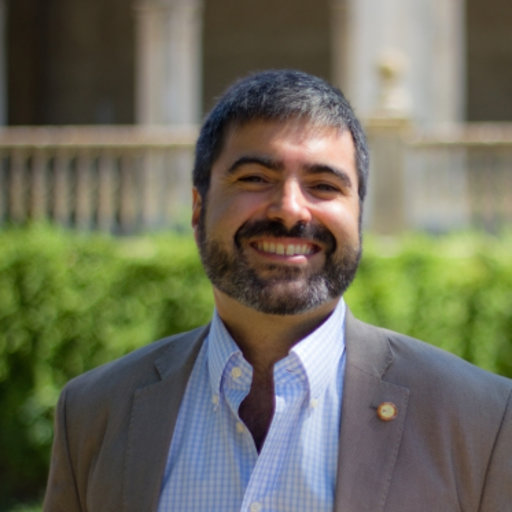Dr. Ricardo Chacartegui

University of Seville
Energy Engineering
Seville, Spain
Ricardo Chacartegui is a professor at the Energy Engineering Department of the University of Seville. He obtained his PhD in 2005, and since 2006, he has more than 150 documents registered in Scopus and more than 80 publications in international congresses since 2007. His main research fields are related to energy storage, novel energy systems, and LCE technologies. He has participated in more than 60 projects in collaboration with the industry and he has participated in 9 patents. Currently Ricardo coordinates the Horizon Europe project for energy storage CEEGS, based on transcritical CO2 energy storage.
Recent trends in seasonal thermal energy storage
Massive integration of renewable energy requires large-scale energy storage capacities. However, only a limited number of commercial technologies are available, and some barriers exist to fully covering the market with their characteristics. A huge R&D effort is being made to develop new sustainable energy storage technologies. Among them, thermochemical energy storage systems are highly interesting because of their potential high energy densities, high delivery temperatures and seasonal storage capacity. They will depend on the reactions and components involved in the system. Carnot batteries are also of high interest for efficiently integrating renewable electricity under different applications and temperatures. The author analyses recent technological advances and trends for Carnot Batteries and Thermochemical Energy Storage systems in this work. Relevant results from recent European Union-funded projects based on Calcium Looping and Transcritical Carbon Dioxide are presented and discussed.